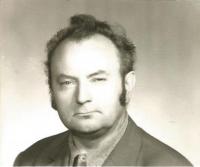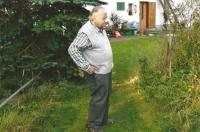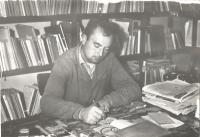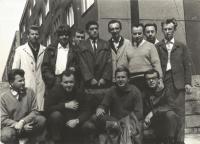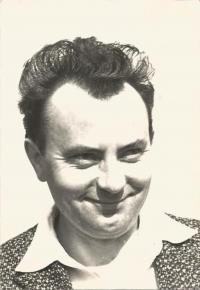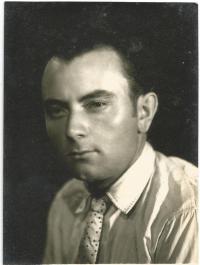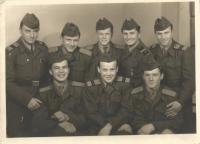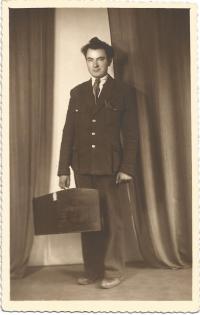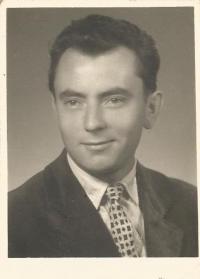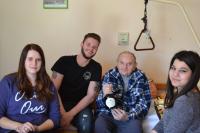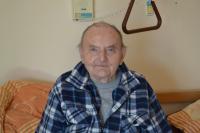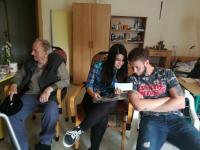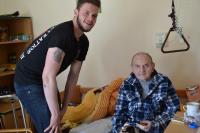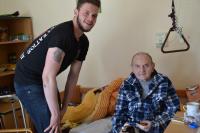One innocent poem

Download image
František Čanda was born on September 16, 1931 in Sedlčany. When he was eight years old, he was arrested and interrogated by the Nazis, because he recited a poem about Saint Wenceslas at a school event. The Nazis knocked out his teeth during the interrogation, and he suffered from the related health consequences for his entire life. The family was evicted and their property confiscated. Their farm was taken over by a German administrator. František was barred from access to education until the end of the war. After the war he completed his studies at higher elementary school and then he studied at a secondary school of viticulture. He worked in the company Liberta in Mělník. While working he was also taking evening classes at the secondary technical school of mechanical engineering. In the Liberta company he progressed from a worker’s position to the post of a technical manager. He refused to become a member of the Communist Party. Until recently applied himself to alternative medicine and healing. His methods brought him success abroad as well.
